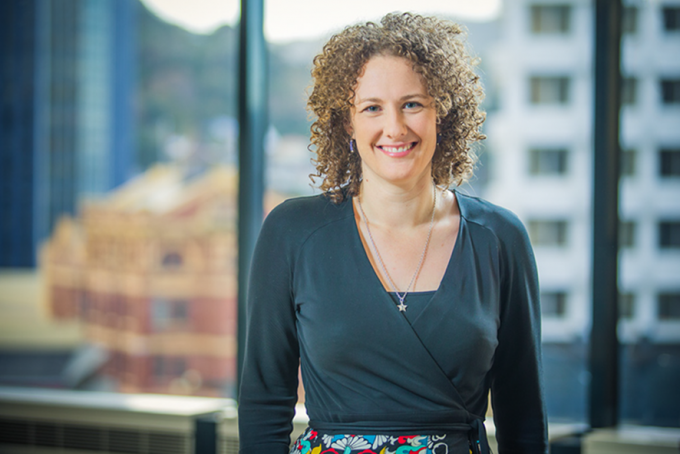
Ellen MacGregor-Reid
More than 30 secondary schools and kura across the country will be piloting the new Māori Performing Arts subject at all NCEA levels and for University Entrance this school year, marking a significant step towards ensuring parity for Māori knowledge in our education system, said Ellen MacGregor-Reid, the Deputy Secretary, Early Learning and Student Achievement.
Around 900 students in both English-medium and Māori-medium education settings will be studying Te Ao Haka, as the new Māori Performing Arts subject is called, earning credits towards their NCEA this year.
“This is a significant step in our efforts to ensure Māori knowledge, culture and approaches to learning are valued, recognised and supported in accordance with the Government’s obligations under the Treaty of Waitangi, and to enable all young New Zealanders to choose from a full range of pathways to further study or work,” Ms MacGregor-Reid said.
“Through this and other changes being made to NCEA, we are demonstrating the Government’s commitment to ensure the education system delivers for all and supports every young New Zealander to succeed.”
Te Ao Haka is a performance-based art form grounded in knowledge of Māori culture, language and identity. Students of Te Ao Haka develop a range of skills and qualities (including interpretive and communication skills, leadership, and lateral and critical thinking) that can support them with a strong foundation to pursue further studies or career pathways, and enhance their life skills.
Ms MacGregor-Reid said the introduction of Te Ao Haka was among a number of changes seeking to enhance the learning pathways available for students and to ensure the knowledge that is gained is recognised as valuable.
“The changes address recommendations, made during the 2018 review of NCEA, that te reo Māori, tikanga Māori (Māori way of doing things), and mātauranga Māori (Māori knowledge) are valued and supported in the curriculum and NCEA in the same way as English language and culture,” she said.
As part of the NCEA Change Package, the Government committed to develop new ways to recognise mātauranga Māori, build teacher capability, and improve resourcing and support for Māori learners.
In line with this, draft NCEA Level 1 materials for Te Reo Māori and seven wāhanga ako or learning areas aligned to Te Marautanga o Aotearoa (TMoA), the Māori-medium curriculum, have been developed so far and were released today for public feedback (closing 20 February 2021).
Following feedback, the TMoA-derived subjects at NCEA Level 1 will be piloted in 2022. They are expected to be available for all kura and wharekura to start delivering in the 2023 school year. TMoA materials for NCEA Levels 2 and 3 will follow a similar process, with piloting in 2023.
A new report from the University of Auckland’s Our Voices Project asks young people what…
The government has opened a tender for new standardised assessment tests, leaving educators shocked and…
Early in her career, Kiri Turketo found inspiration in an unlikely source. In this Principal…
Real stories of dedication, challenges, and triumphs from educators in NZ. Part six comes from…
Is fast furniture impacting your school's environmental footprint? We explore eco-friendly solutions to reduce furniture…
A new report from the New Zealand Initiative argues we need a stronger and clearer…
This website uses cookies.